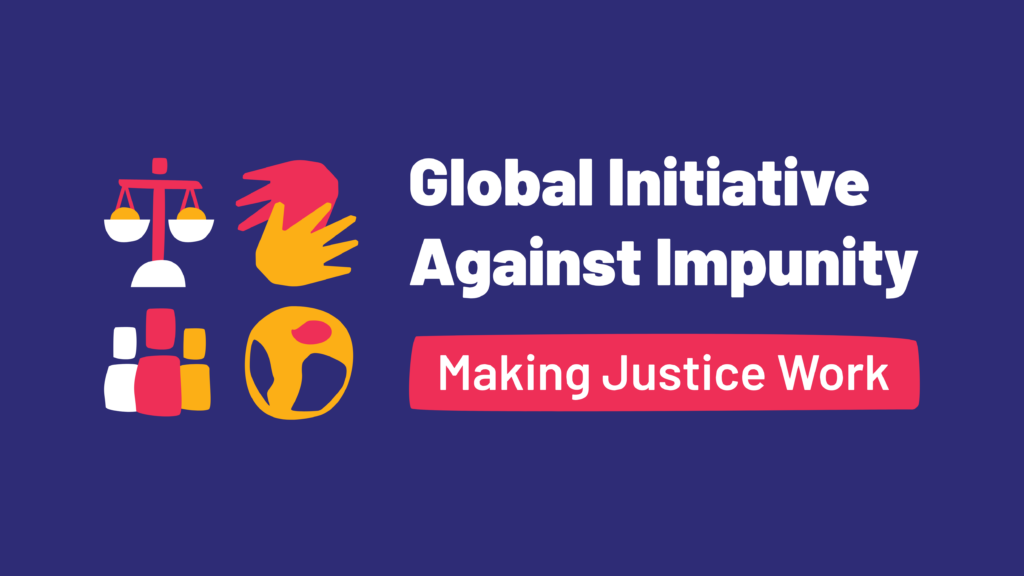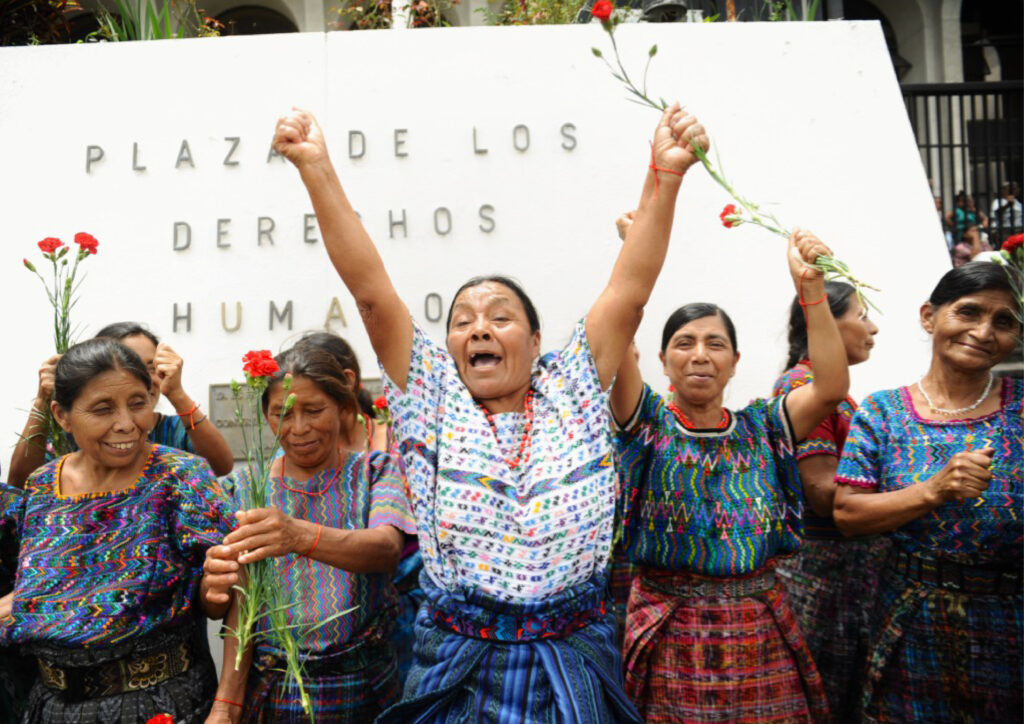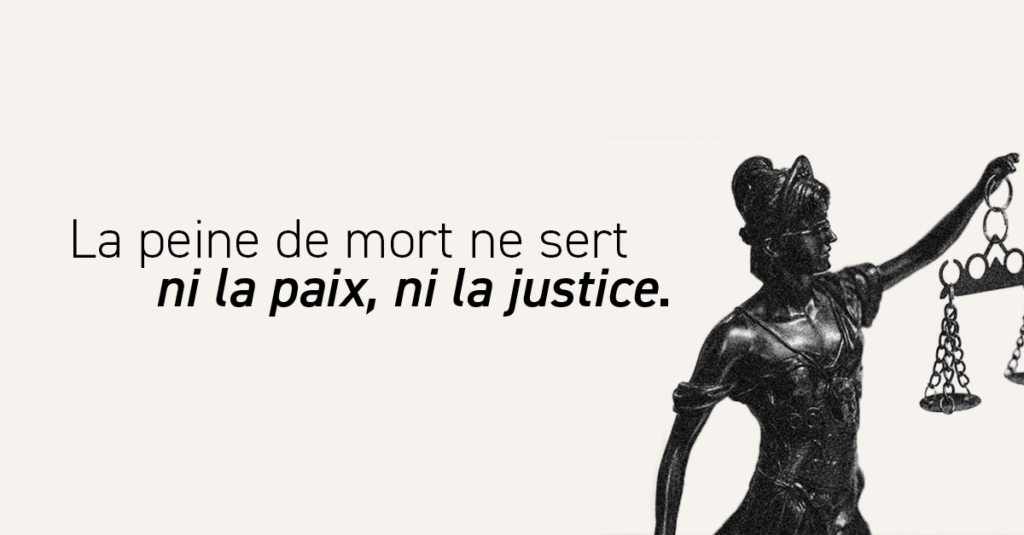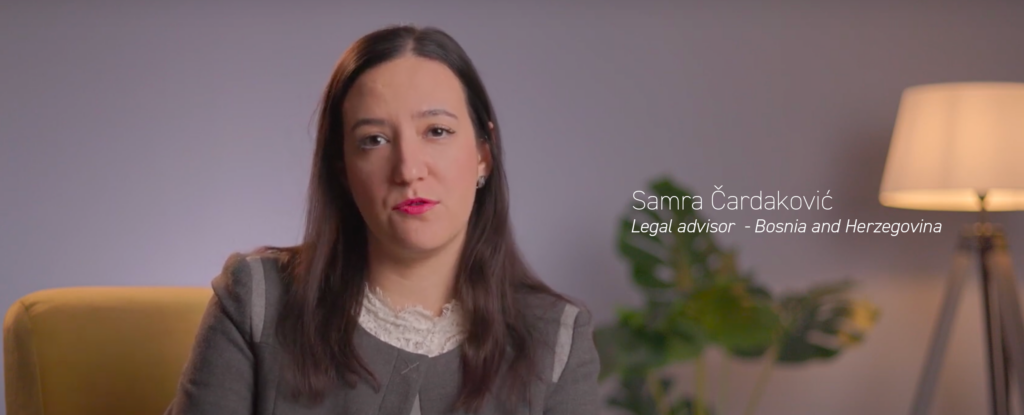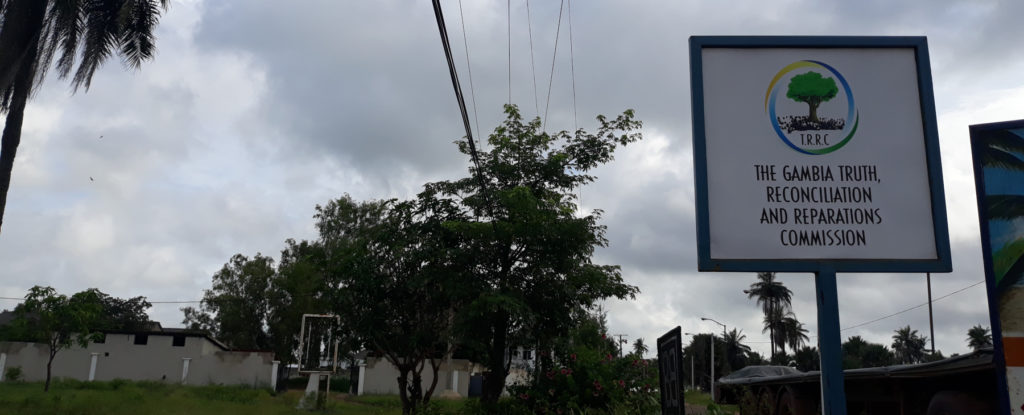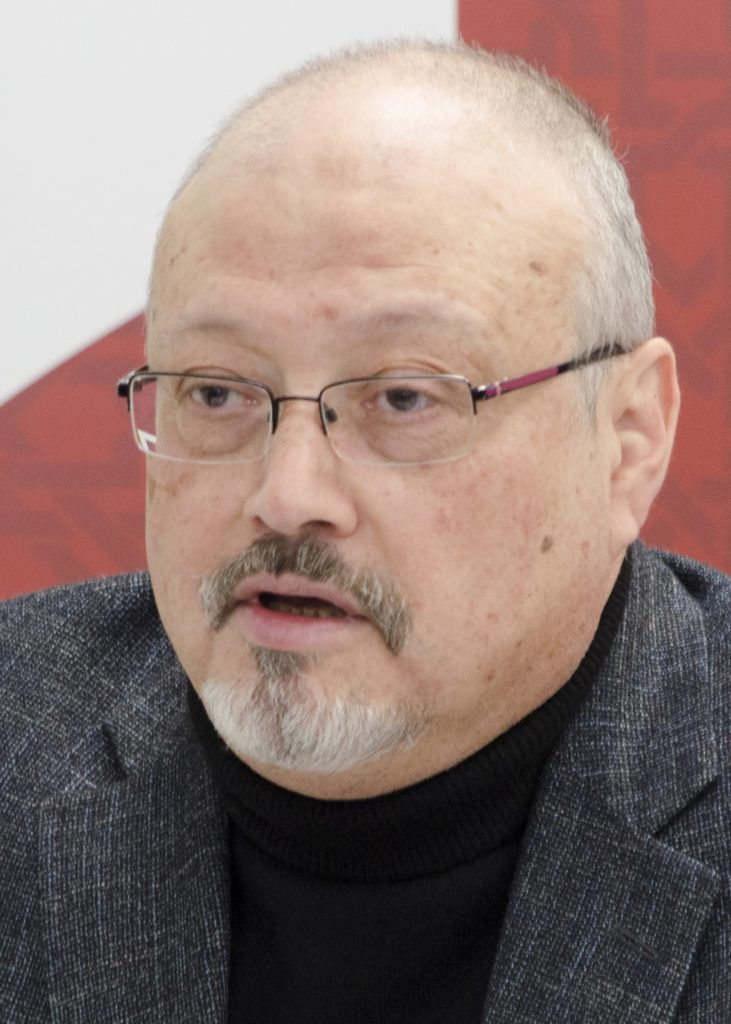Commission of Inquiry on Burundi: 4 questions to understand its conclusions
On 5 September 2018, the UN Commission of Inquiry on Burundi (CoI) released its second – and possibly final – set of conclusions. Head of Program Pamela Capizzi walks us through its main findings.
What was the overall tone of the CoI’s conclusions?
Pamela Capizzi: For one more year, the Commission of Inquiry painted a grim picture of the human rights situation in Burundi. From the first paragraphs, it underlined that the violent trend initiated in 2015 had persisted throughout 2017 and 2018. It also reiterated from the onset the Burundi authorities’ lack of cooperation.
Sadly, neither findings come as a surprise: Burundi has gradually cut all ties with the international community and there has been no sign of violence subsiding. The run-up to the May referendum, in particular, has been ripe with abuse and intimidations.
The conclusions mention the role of the Imbonerakure, the ruling party’s youth league…
That the Imbonerakure take part in the violence has been an ongoing claim since 2015. What is interesting is that the report finds they are “in collusion with formal and informal structures of State repression” and “are acknowledged to play a role in the security apparatus”. In other words, the authorities have organizational ties, if not even control, over the Imbonerakure’s acts (para 21-22). This is important because the Burundian State could then be held accountable for the violations perpetrated by the Imbonerakure.
But the obligations of the Burundian State go beyond its agents’ conduct. It also has a responsibility to protect its population against all harm, regardless of where it comes from. Failing to punish the alleged authors of violence is also an infringement to the country’s international obligations. Going even further, the Commission noted that “by not taking action (…) the Burundian State is encouraging the repeated commission of human rights violations and abuse.” (para. 28)
Does the Commission address the more deep-rooted factors enabling the persistence of the human rights crisis?
The derelict state of the judiciary is mentioned in the conclusions – examples include the arbitrary appointment of judges, the courts’ lack of financial independence and regular political interference in sensitive cases (para. 62). Without credible accountability mechanisms, it is unsurprising that lawlessness and impunity proliferate.
Judicial dysfunction has been going on for years, prompting TRIAL International to orient its litigation strategy to international bodies. Of course, the principle of subsidiarity still applies, but our team now relies on UN bodies more than on domestic institutions to recognize the harm done to victims. For the same reason, we have intensified our trainings to Burundian lawyers on international mechanisms.
What will become of these conclusions now?
The Commission presented these conclusions as its 2-year mandate draws to an end – officially on 20 September 2018. Its confirmation that large-scale human rights abuse is ongoing in Burundi makes it absolutely crucial for the Human Rights Council to renew the CoI’s mandate.
In parallel, the international community must continue to pressure Burundi into setting up an independent and efficient judiciary. Moreover, as recommended by the Commission, the Government of Burundi must establish ad hoc mechanisms with a mandate to investigate human rights violations and to prosecute perpetrators of international crimes. Only then do rampant abuse have a chance of being prosecuted and, ultimately, of dying out.
This interview was conducted on the base of the CoI’s abridged report issued on 5 September 2018. It will submit its report to the Human Rights Council during an interactive dialogue on Monday 17 September 2018.


